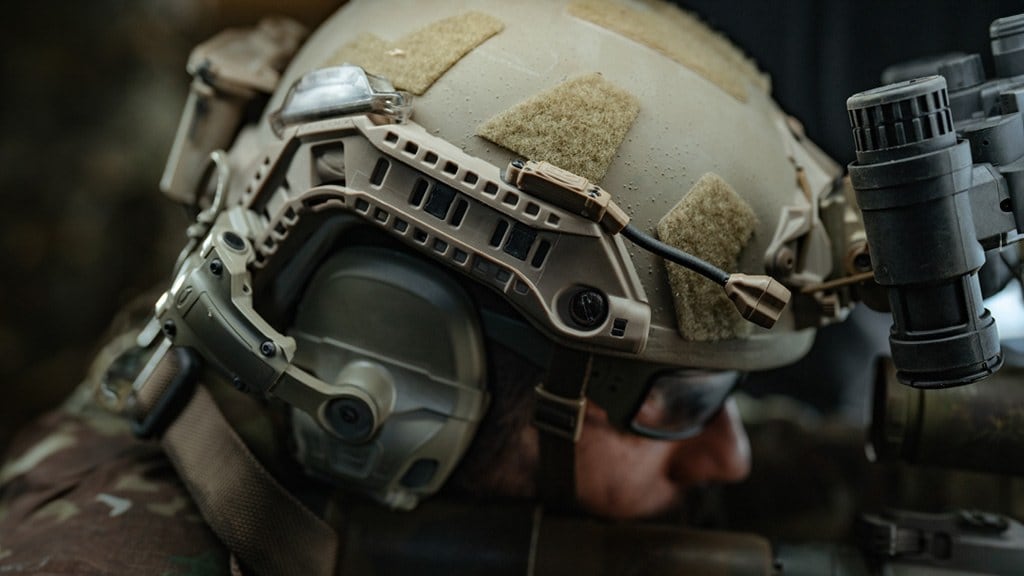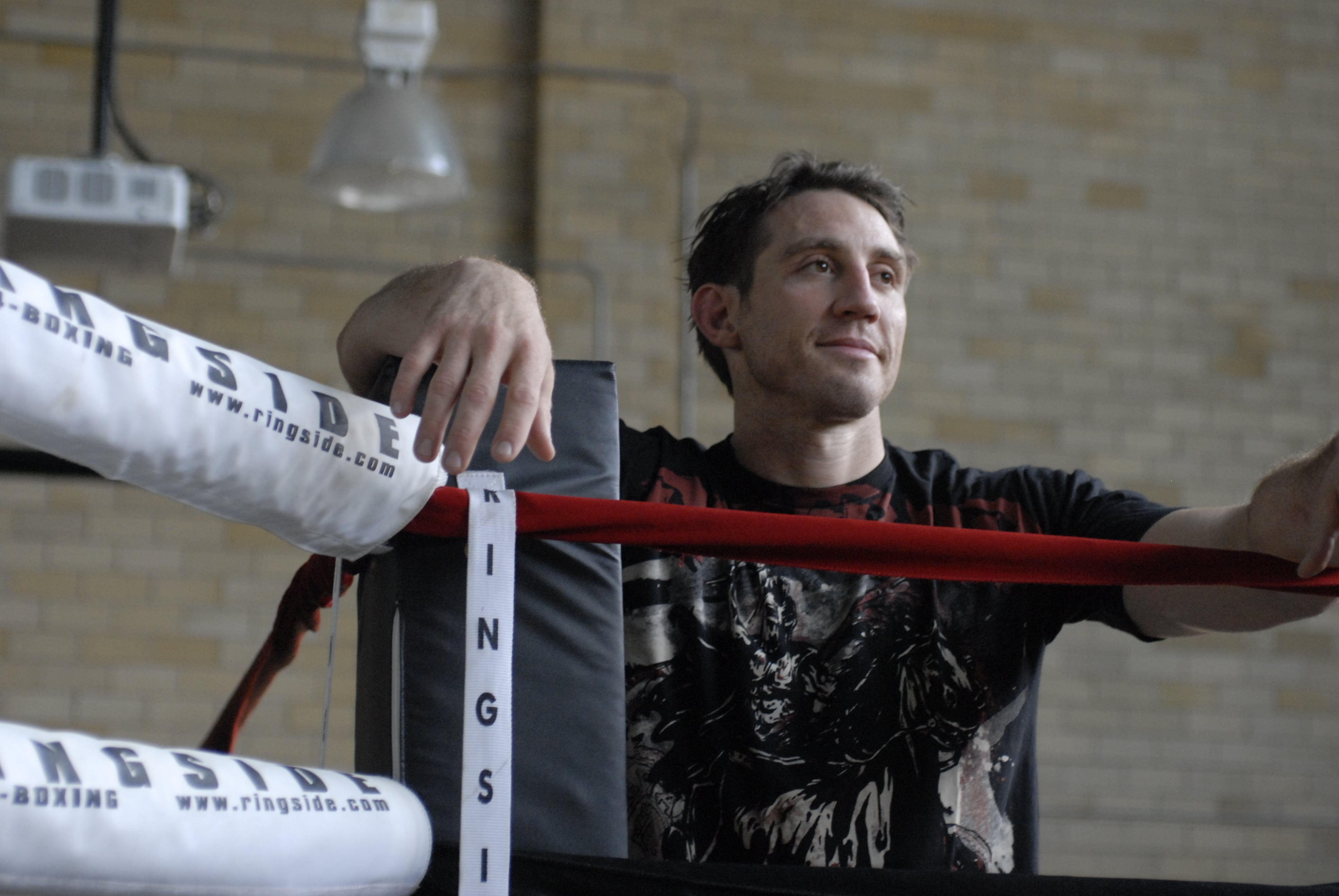Tim Kennedy ― a Green Beret, former UFC fighter, and by his own telling “one of the baddest dudes on the planet” ― is prepared to get called other things when he engages with gun owners about the crisis of veteran suicide.
“I’ve been called a traitor for even having this conversation at SHOT Show,” Kennedy told Military Times via phone days before the start the annual Shooting, Hunting, Outdoor Trade (SHOT) Show, the nation’s largest firearms trade expo in Las Vegas.
Other names he’s heard: Turncoat and “Fudd” ― a reference to Elmer Fudd, the hapless Looney Tunes hunter who didn’t know how to use his rifle.
Kennedy gets it.
In addition to headlining The Independence Fund’s “Targeting a Solution” panel discussion of veteran suicide at the Venetian hotel, adjacent to the SHOT Show trade floor, on Wednesday, he’s a featured guest at events throughout the week and even fired the ceremonial first shot to open Monday’s media range day event.
RELATED

He’s a firearm owner and enthusiast, and believes the constitutional right to own guns should be protected. But he’s also been personally and profoundly affected by the loss of friends in the military community to suicide.
And as he notes, there’s a close connection between the two matters: 71% of the 4,500 annual veteran suicide deaths involve a firearm.
“Are these mutually exclusive things, or are there ways that we can have conversations around suicide and firearms especially related to veterans without encroaching on the Second Amendment?” Kennedy said. “And that is why we do it at SHOT Show, because it is such a polarizing place to be, and there are so many radicals on both sides of this conversation.”
The Independence Fund, a nonprofit founded in 2007, is dedicated to helping veterans overcome “physical, mental, and emotional wounds incurred in the line of duty.”
The SHOT Show panel, which will also feature podcaster Dan Hollaway and veteran entrepreneurs and personalities Jason Murff, Brian Goldstein, Cody Garrett and Eli Cuevas, will include an unscripted discussion between the panelists on the topic.
Then, attendees will divide into smaller groups to brainstorm about policy and private-sector ways to safeguard the lives of at-risk veterans. The goal, Kennedy said, was to develop ideas that can be brought back to communities and local governments for implementation.
While the panelists change from event to event, all have been headlined by Kennedy, a Special Forces master sergeant, author and on-screen personality who competed in the UFC from 2011–2017. He was inducted into the International Sports Hall of Fame in 2019.
In previous panels, which also have taken place in Fort Liberty, North Carolina, and at the the South by Southwest festival in Austin, Texas, attendees have debated “red flag” laws and whether individuals and communities should instead keep the responsibility of safeguarding a veteran’s firearms during moments of crisis.
The also have talked about how to better train law enforcement officers to interact with armed veterans during mental health episodes: to talk with them, establish rapport, and avoid flanking them or triggering threat responses. And sometimes, Kennedy said, the impact of having an open and candid conversation about veteran suicide is more personal.
“It ends up being really powerful and impactful, and almost magical,” he said. “We have people stand up in the audience and be like, ‘Man, you straight up saved my life with this.’”
Kennedy first lost a friend ― his training partner at U.S. Army sniper school ― to suspected suicide in 2008, well before the crisis of military suicides had entered the national conversation. Since then, he said, he’s seen “countless” friends and buddies die by suicide.
For Kennedy and The Independence Fund founder Sarah Verardo, the 2021 U.S. evacuation of Afghanistan and the feelings of moral injury and despair that followed for many veterans particularly demanded a response.
“I have never seen such morale and mental health issues come to an acute point,” Kennedy said. “Every (Global War on Terror) soldier that served in Afghanistan was questioning everything about their friends that lost their legs, their friends that died overseas, their friends that are struggling with PTSD … it was just this tidal wave of mental health issues, with suicide.”
Sean Lee, deputy chief of operations at The Independence Fund, told Military Times that a growing awareness of the problem is enabling better conversations about solutions.
“It is discussed on a more open level than I would say it was five or six years ago,” he said. “Which is good … that’s how we need to attack this. No one entity, government, private, mixture, is going to have the answer. But the more we get it out there, the more answers and suggestions and ideas we can field and apply to the problem.”
Editor’s note: This story was updated on Feb. 1 to correct the spelling of Jason Murff’s name.
Hope Hodge Seck is an award-winning investigative and enterprise reporter covering the U.S. military and national defense. The former managing editor of Military.com, her work has also appeared in the Washington Post, Politico Magazine, USA Today and Popular Mechanics.





